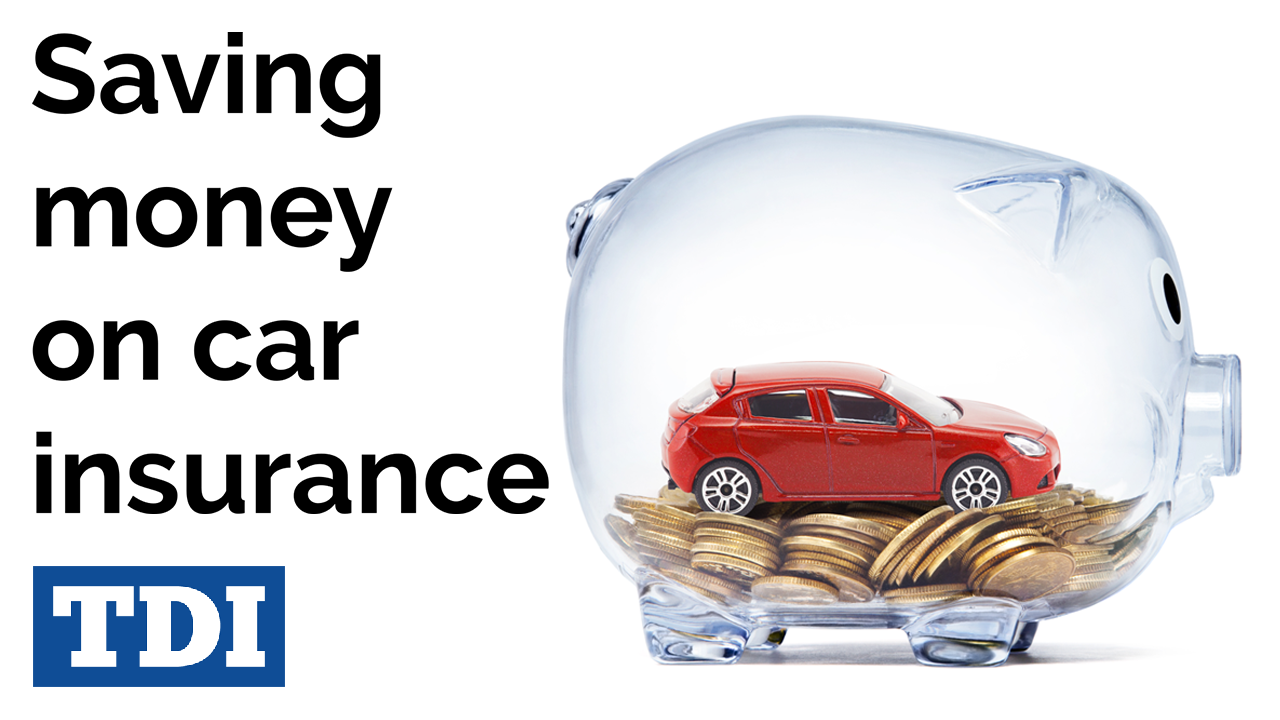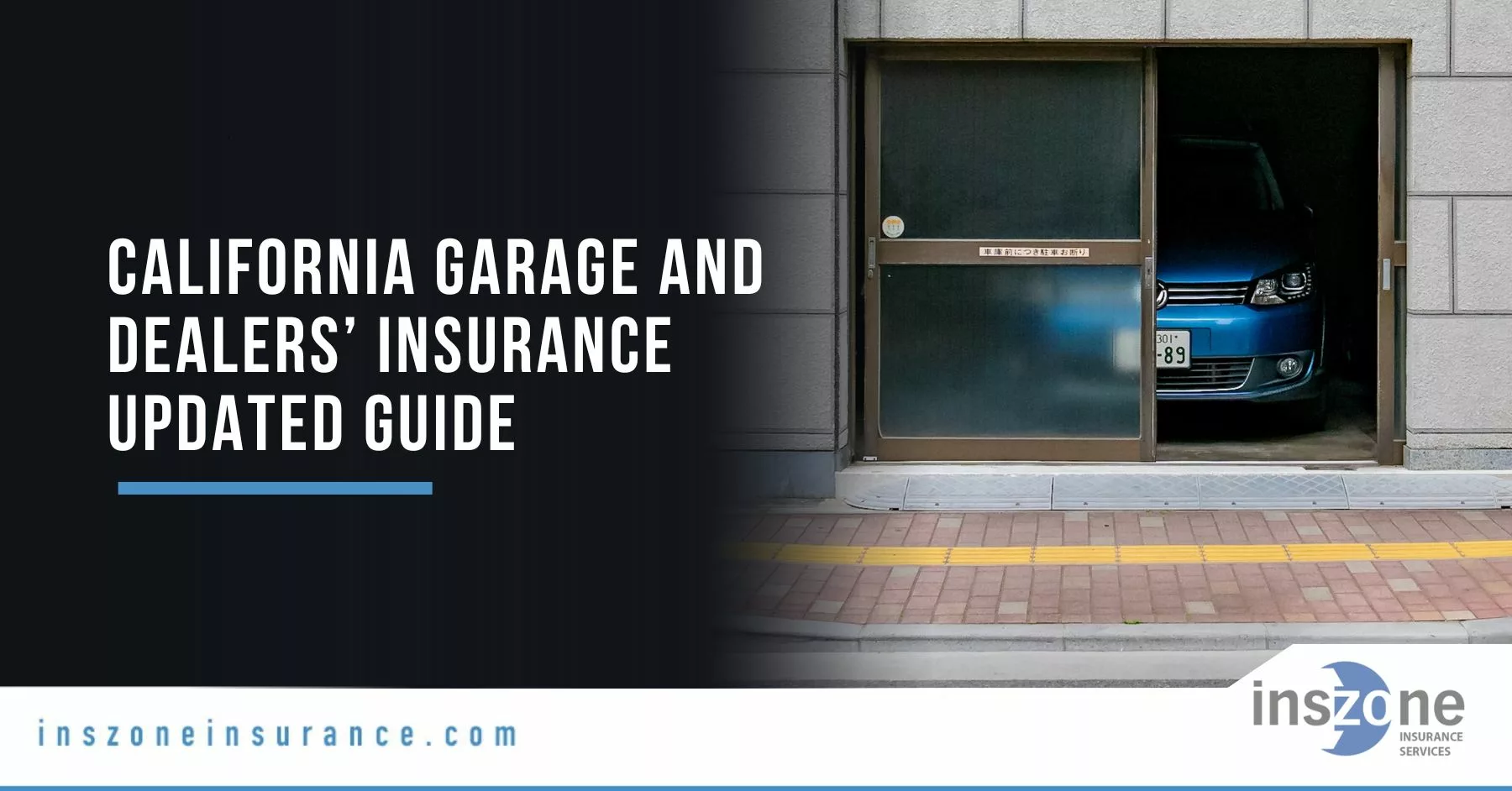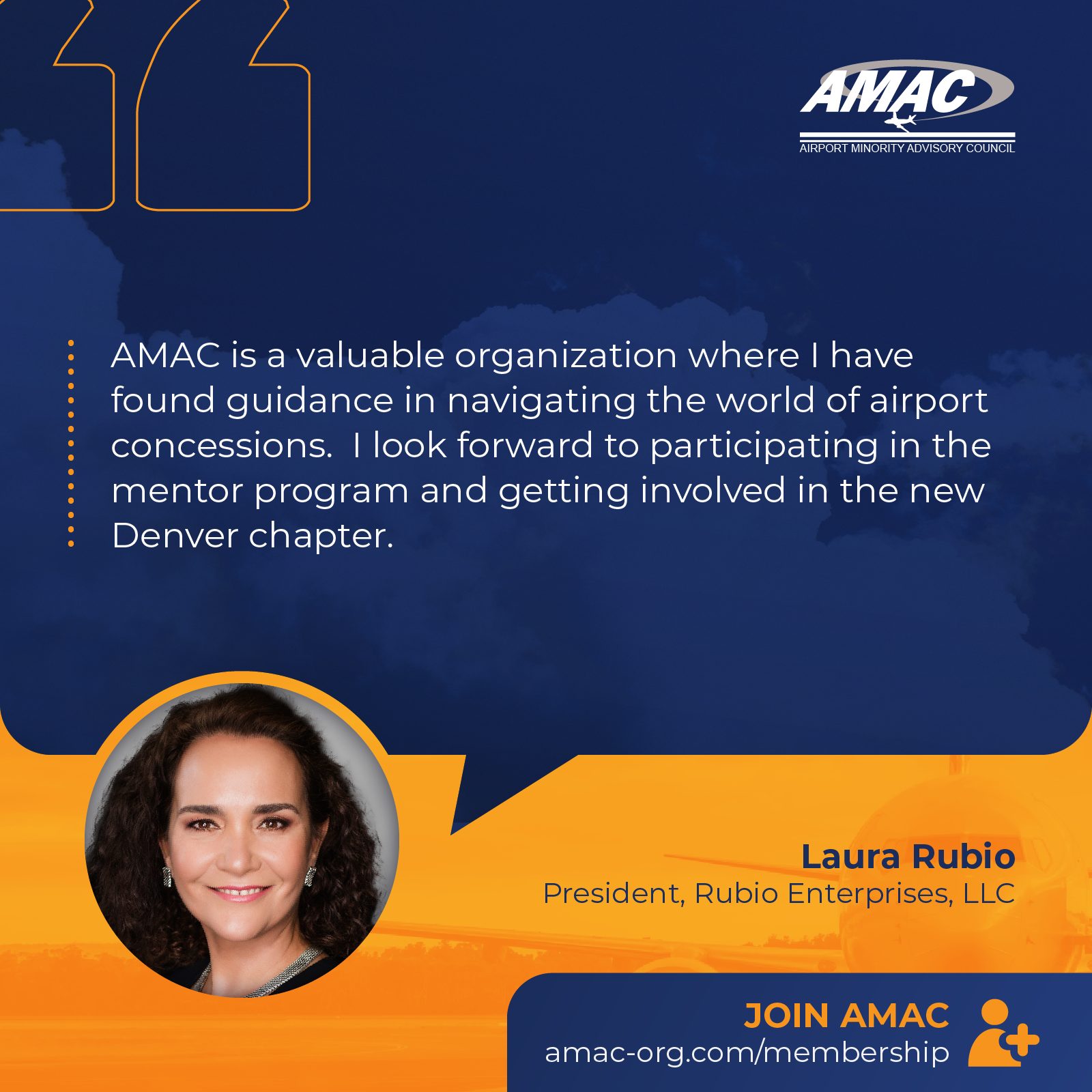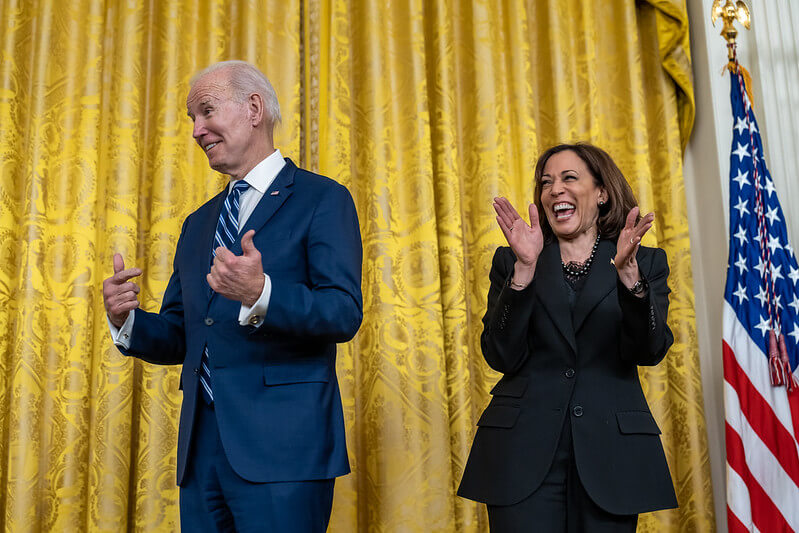Insurance Won’t Total My Car: Navigating Your Options
Insurance Won’t Total My Car, Navigating Your Options? Insurance companies may decline to total a car if repair costs don’t exceed its actual cash value. This decision often leaves owners feeling frustrated and confused.
Understanding your car insurance policy can be as tricky as navigating through rush hour traffic. When your vehicle sustains damage in an accident, you might expect your insurance to declare it a total loss, especially if the repair bills appear steep.
Yet, the insurance company’s refusal to total your car isn’t unusual. They calculate whether the cost of repairs overshadows the car’s actual cash value (ACV) post-accident, and only then decide whether to total it. Their ultimate goal is to manage costs effectively. Your focus, as a car owner, should be on assessing their determination, exploring your policy’s terms, and considering the long-term implications for your vehicle’s performance and value. This awareness is essential to navigate the aftermath of an accident, ensuring your interests remain protected while dealing with insurance decisions.
The Realities Of Insurance Assessments
Delving into the world of insurance may reveal unexpected outcomes. Car accidents often lead to complex interactions with insurance companies. Not all damaged vehicles meet the criteria to be declared a total loss. The decision-making process for insurance companies involves specific criteria and financial considerations.
Criteria For Totaling A Vehicle
Every insurance company uses certain thresholds to decide if a car is a total loss. A percentage, usually between 60% and 70%, guides this critical turning point. This refers to the cost of repairs in relation to the car’s actual cash value (ACV).
- State regulations may affect this percentage.
- Insurers examine the vehicle’s safety post-repair.
- They assess potential diminished value post-accident.
The Insurance Company’s Perspective
Insurers aim to manage losses efficiently. An evaluation combines car value with repair costs. The decision prioritizes company costs and state laws. Insurance firms consider repair time and part replacement availability. They factor in the risk of unseen damage when repairing the vehicle. Insurer’s goals align with financial viability and legal compliance.
| Consideration Point | Reasoning |
|---|---|
| Car’s ACV | Determines if repair costs exceed vehicle value |
| Repair Costs | Included are parts, labor, and potential additional damages |
| State Laws | Legal total loss thresholds vary by state |
| Future Risks | Indirect costs from undetected issues after repair |
:max_bytes(150000):strip_icc()/comprehensive-insurance.asp-final-3fc81e079d04428e8c1c6456b311c3a1.png)
Evaluating The Damage
When a car accident occurs, the first step is to assess the extent of the damage. The cost of repairs versus the value of the car plays a major role in whether an insurance company decides to total a vehicle. Let’s explore what entails evaluating the car’s condition.
Understanding Repair Costs
The repair costs can be surprising. There are several factors that contribute to the overall expense:
- Parts: The price of replacement parts needed to fix the car.
- Labor: The hourly rate charged by mechanics for repairs.
- Duration: The time it takes to complete the repairs.
A thorough assessment provides a clear picture of the financial implications. It helps determine whether repairs are economically viable.
Professional Appraisal Vs. Insurance Assessment
Getting a professional appraisal can yield different results compared to the insurance company’s assessment. Here’s why:
| Professional Appraisal | Insurance Assessment |
|---|---|
| Focuses on restoring the car to its pre-accident condition. | Concentrates on the policy terms and the car’s actual cash value. |
| May use broader market data to evaluate the car’s worth. | Typically uses company-specific formulas to determine value. |
| Independent appraisers may advocate for the car owner’s interests. | Insurance adjusters look to minimize payout within policy limits. |
Understanding these differences is crucial. It can influence the decision to seek a second opinion regarding the damage to your car.
Negotiating With Your Insurance Provider
Dealing with an insurance company’s decision to repair rather than total a car can be frustrating. It’s crucial to approach these negotiations equipped with the right tactics. These strategies include effective communication and, if needed, the hiring of a third-party appraiser. Let’s explore how to leverage these tools in your discussions with the insurance provider.
Strategies For Effective Communication
Clear and assertive dialogues with your insurer are foundational. Begin by requesting a thorough explanation for their decision. Understand the repair cost compared to the vehicle’s actual cash value. Document all communications, including dates and representative names. Point out any inconsistencies, and reference your policy details to challenge their assessment if it seems flawed.
- Review your policy: Know your coverage details.
- Prepare your points: Have all facts on hand for discussion.
- Stay calm: Keep the conversation constructive.
- Follow up in writing: Send summaries of verbal communications.
When To Involve A Third-party Appraiser
If negotiations stall, consider a third-party appraiser. They provide an independent assessment of your car’s value. Share this report with your insurance provider as leverage for re-evaluation. Confirm that the appraiser’s credentials are recognized by your insurance company to ensure their assessment carries weight.
- Research qualified appraisers: Look for professionals with strong track records.
- Obtain a detailed report: Ensure the documentation is comprehensive.
- Present the findings: Use the report to bolster your case.

Frequently Asked Questions On Insurance Wont Total My Car
What Makes Insurance Consider A Car Totaled?
Insurance companies usually consider a car totaled when repair costs exceed a certain percentage of the vehicle’s value, typically between 51% and 80%. This threshold varies by insurer and state regulations.
What Is The Total Loss Law In Texas?
The total loss law in Texas dictates that if repair costs exceed the vehicle’s value, it’s deemed a total loss by insurers.
How Does Insurance Work When Its Not Your Fault?
If an accident isn’t your fault, the other driver’s insurance typically covers your damages. Your insurer may assist with claims and repairs first, then seek reimbursement from the at-fault party’s insurance company.
Do I Lose No Claims If It Wasn’t My Fault?
Typically, you do not lose your no claims bonus if an accident wasn’t your fault. Your insurer will verify the details before deciding on your no claims status.
Navigating the complexities of car insurance can be daunting when your vehicle isn’t totaled. Arm yourself with knowledge of your policy and rights. An appraisal might be the next step, or seeking legal advice could be beneficial. The right approach can guide you to a satisfactory resolution for your car’s future.
Exploring Alternative Solutions
Feeling frustrated because your insurance won’t total your car? It isn’t the end of the road. You have options. Your vehicle’s value and your peace of mind matter. Let’s dive into practical alternatives you can explore right now.
Private Sale Of The Vehicle
Selling your car privately could be more beneficial than settling with insurance. Market value often exceeds the insurance company’s offer.
- Assess your car’s worth: Use online tools for a quick valuation.
- Prepare your car: Clean it and make minor repairs to boost its appeal.
- List your car: Use popular online platforms to reach potential buyers.
- Transfer paperwork: Ensure a smooth sale with all documents ready.
Remember, transparent communication with buyers builds trust and leads to successful sales.
Donation Options For Non-total Loss Cars
Donating your car offers multiple advantages. It’s simple and heroic. You support a cause and could gain a tax deduction.
| Steps | Details |
|---|---|
| Choose a charity: | Select one that is IRS-approved for tax benefits. |
| Schedule a pickup: | Many charities will arrange to collect the vehicle for free. |
| Keep records: | Save the donation receipt and IRS form 8283 for tax time. |
A car donation is a powerful way to give back to your community. Make sure you follow the correct procedure to maximize your benefits.
Legal Considerations And Rights
Dealing with insurance can be daunting, especially when it comes to car accidents. It’s common to feel unsure about your rights. Knowing the legal side helps you tackle insurance disputes with confidence. This part of the blog will look into your legal standing when insurance won’t total your car.
Understanding State Insurance Regulations
Insurance laws vary by state. Each state sets its own rules for when a car is deemed a total loss. It’s pivotal to know these regulations to understand your insurer’s decision. A total loss occurs when repair costs exceed the car’s value. This threshold differs from state to state.
- Check your state’s Department of Insurance website.
- Understand the Total Loss Formula (TLF) your insurer uses.
- Learn about the percentage threshold for a total loss in your state.
Seeking Legal Advice On Insurance Disputes
When disagreements arise, legal advice is your ally. A lawyer can interpret complicated insurance language. They ensure your rights are protected. A lawyer can advise on further steps, which might include:
- Filing a complaint with the state insurance department.
- Negotiating with the insurance company.
- Taking legal action if necessary.
If you feel misplaced by your insurance company’s decision, don’t hesitate to seek professional advice. Understanding your insurance policy is crucial. So is knowing your rights. A legal expert can offer insight into both. This can lead to a more favorable outcome in your dispute with the insurer.
Preventative Measures For The Future
No one expects their car to dodge damages. Yet insurance decisions today impact tomorrow’s peace of mind. Aim for foresight and safeguard your vehicular investment with smart choices. Insurance choices and car care play critical roles. Are you ready to dive into the must-dos for your vehicle’s future?
Choosing The Right Insurance Coverage
Insurance coverage is your safety net on rocky roads. It’s vital to find the best fit for your car’s value and your driving habits. Don’t just grab any policy. Scrutinize the fine print and ask questions. Here’s what you need to consider:
- Collision coverage – pays for car repairs not quite totaling the car.
- Comprehensive coverage – covers theft and damage from non-collision events.
- Gap insurance – can cover the difference if you owe more than the car’s value.
Ensure your policy matches the car’s worth. You’ll avoid headaches when accidents occur.
Regular Maintenance And Documentation
Regular upkeep is not only about ensuring performance. It’s also about establishing value. In case of a claim, methodical maintenance can be your best advocate. Keep these pointers in mind:
- Follow manufacturer’s service schedule.
- Keep documents of every repair and check-up, no matter how minor.
- Retain records of oil changes, tire rotations, and other routine services.
With these steps, you have evidence that can influence an insurer’s decision to total a car. Your car’s well-documented history showcases your commitment to its upkeep. This history may boost the car’s appraisal value significantly.
By choosing the right insurance coverage and sticking to regular maintenance, you set up a sturdy line of defense. Protect your investment and ensure a smoother process should an accident occur. It’s all about taking charge today for a worry-free tomorrow.
:max_bytes(150000):strip_icc()/can-i-keep-my-total-loss-car-527114_V1-e901dc89329741e9ab8be7eaf152ee9f.png)
Frequently Asked Questions On Insurance Wont Total My Car
What Makes Insurance Consider A Car Totaled?
Insurance companies usually consider a car totaled when repair costs exceed a certain percentage of the vehicle’s value, typically between 51% and 80%. This threshold varies by insurer and state regulations.
What Is The Total Loss Law In Texas?
The total loss law in Texas dictates that if repair costs exceed the vehicle’s value, it’s deemed a total loss by insurers.
How Does Insurance Work When Its Not Your Fault?
If an accident isn’t your fault, the other driver’s insurance typically covers your damages. Your insurer may assist with claims and repairs first, then seek reimbursement from the at-fault party’s insurance company.
Do I Lose No Claims If It Wasn’t My Fault?
Typically, you do not lose your no claims bonus if an accident wasn’t your fault. Your insurer will verify the details before deciding on your no claims status.
Navigating the complexities of car insurance can be daunting when your vehicle isn’t totaled. Arm yourself with knowledge of your policy and rights. An appraisal might be the next step, or seeking legal advice could be beneficial. The right approach can guide you to a satisfactory resolution for your car’s future.














